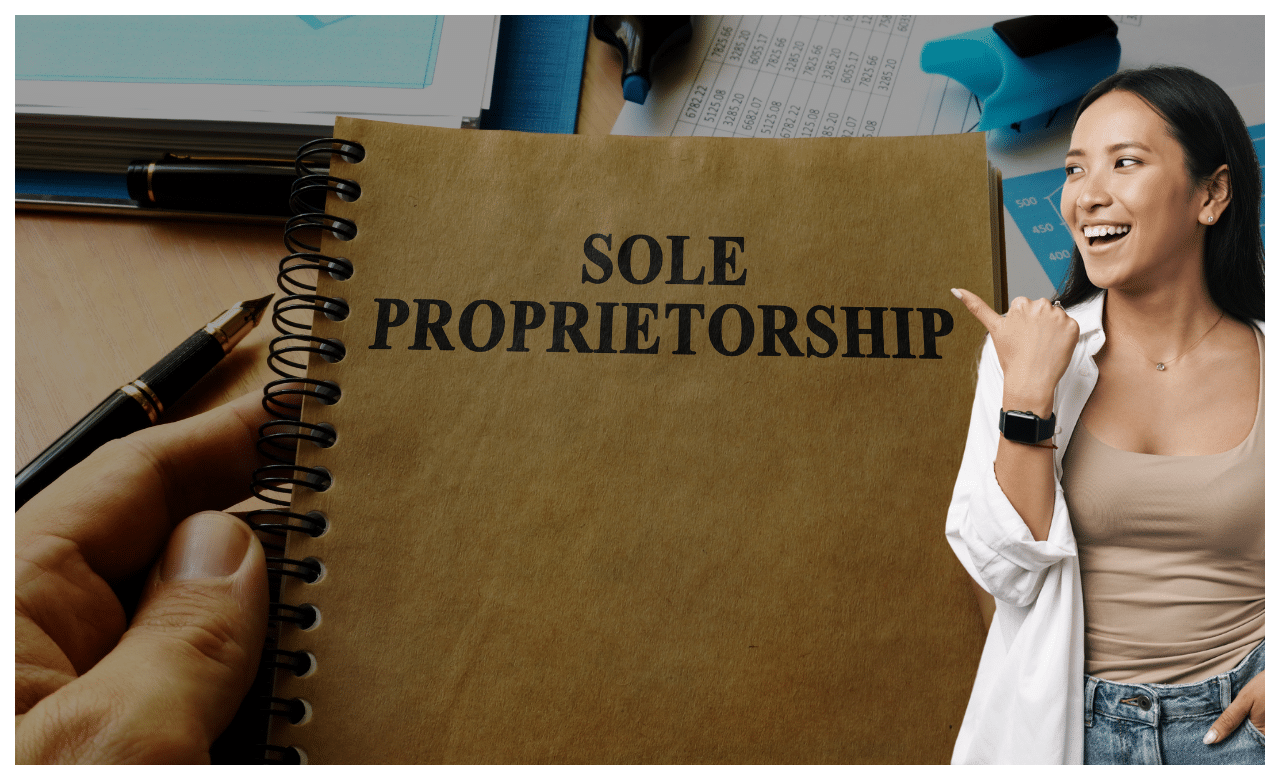Hi, I’m Bette Hochberger, CPA, CGMA. As a sole proprietor, understanding the difficulties of taxation is crucial for a successful business journey. In this blog, I’ll go over the key aspects, answering common questions and providing valuable insights into filing taxes as a sole proprietor.
How Are Sole Proprietorships Taxed?
Sole proprietorships are pass-through entities, meaning the business itself does not pay taxes. Instead, profits and losses pass through to the owner’s personal tax return. As the sole proprietor, you report business income and expenses on your individual tax return (Form 1040).
Which Tax Forms Do I Have to File?
Filing taxes as a sole proprietor involves using Schedule C (Form 1040), where you report business income and deduct business expenses. Additionally, if your net earnings exceed $400, you may need to pay self-employment tax, reported on Schedule SE.
Does a Single-Member LLC File Taxes as a Sole Proprietor?
Yes, a single-member Limited Liability Company (LLC) is typically treated as a disregarded entity for tax purposes, meaning it is taxed as a sole proprietorship. The LLC owner reports business income and expenses on their personal tax return using Schedule C, just like a sole proprietor.
Popular Tax Deductions for Sole Proprietorships
Sole proprietors have the opportunity to benefit from various tax deductions. Common deductions include:
- Home Office Deduction: If you use part of your home for business, you may qualify for a deduction based on the square footage of your home used for business purposes.
- Business Expenses: Deductible business expenses include costs such as supplies, advertising, and professional fees. Keep detailed records to maximize your deductions.
- Vehicle Expenses: If you use your vehicle for business purposes, you can deduct either actual expenses or use the standard mileage rate.
- Health Insurance Premiums: Sole proprietors can deduct health insurance premiums paid for themselves, their spouse, and dependents.
- Retirement Contributions: Contributions to a Simplified Employee Pension (SEP) IRA or a solo 401(k) plan are deductible, helping you save for retirement while reducing your taxable income.
Successfully navigating sole proprietorship taxes involves understanding the unique tax treatment, utilizing the appropriate forms, and capitalizing on available deductions.
Make sure you stay informed, keep organized records, and consult with a tax professional to optimize your tax strategy. By mastering the essentials of sole proprietorship taxation, you empower your business for financial success!
I’ll see you all again next time.










